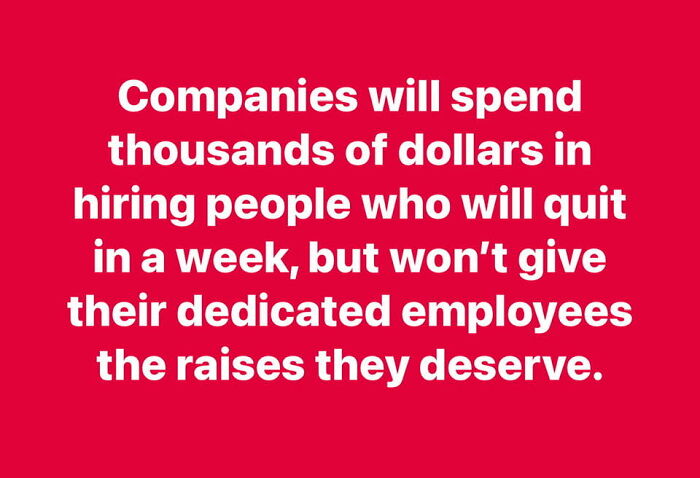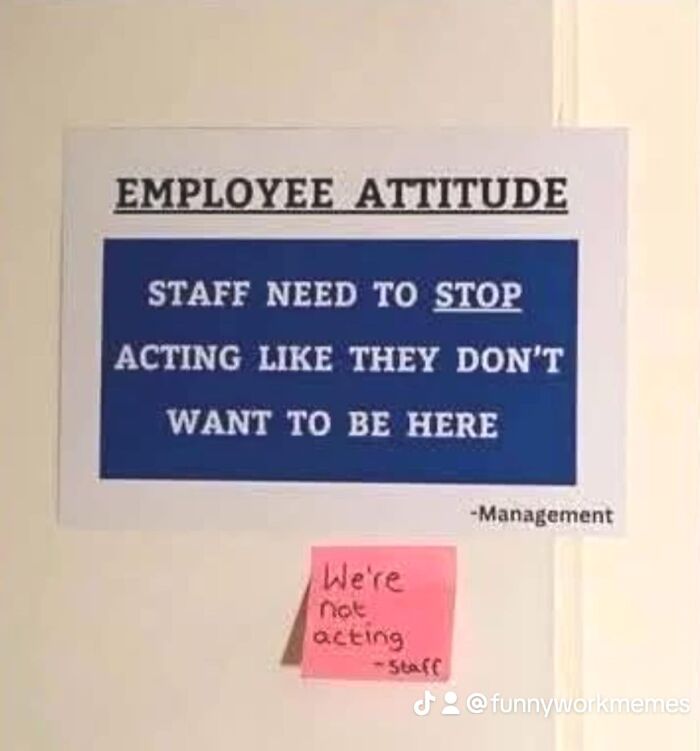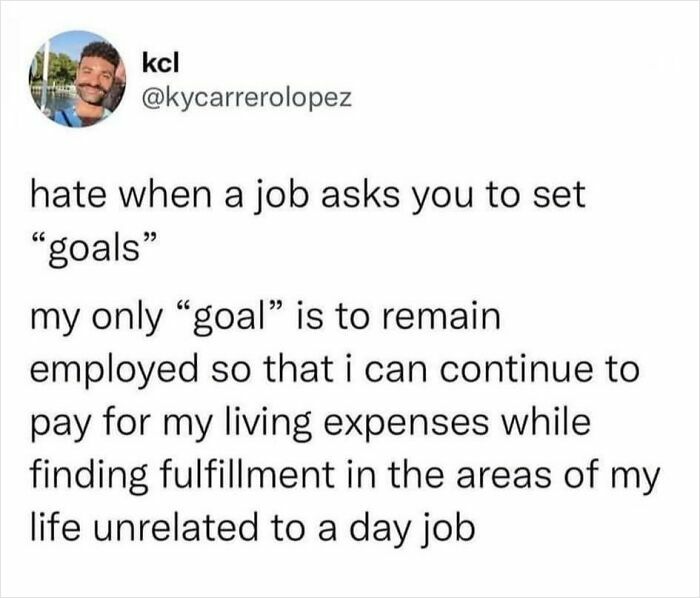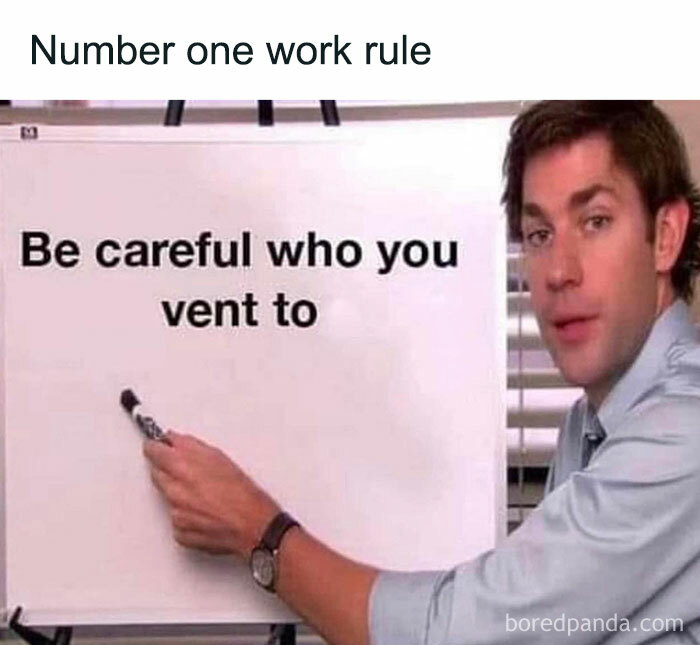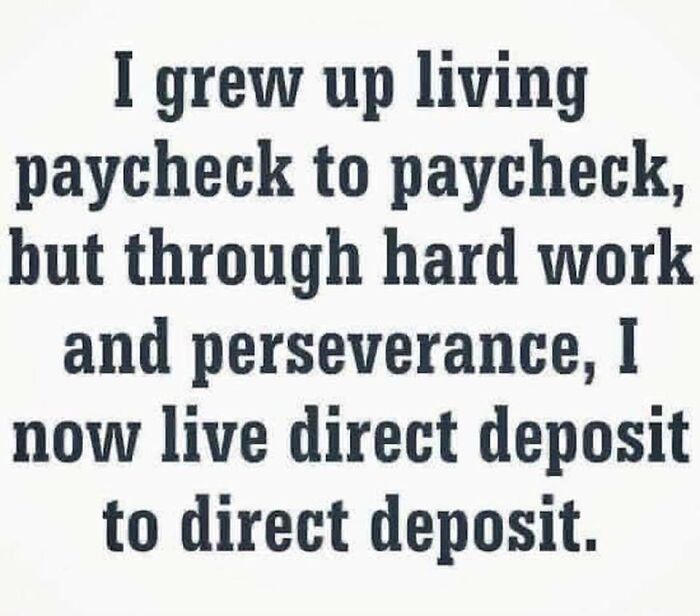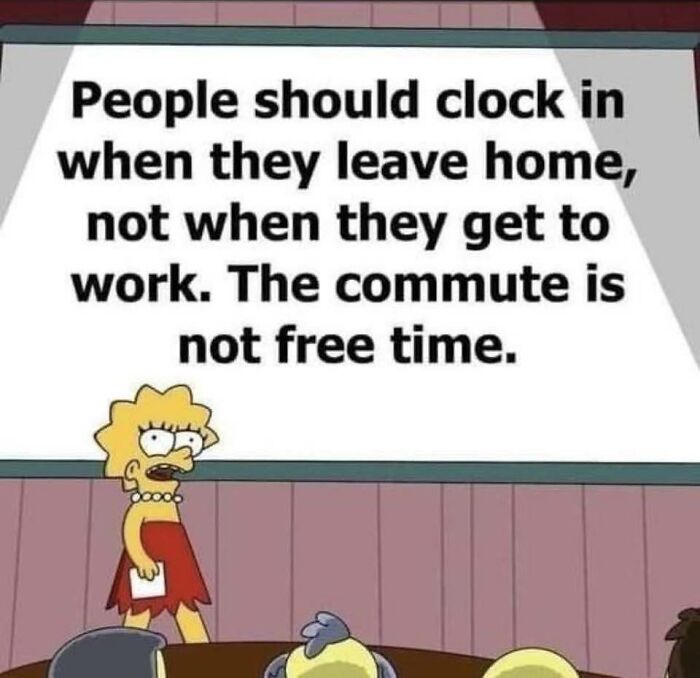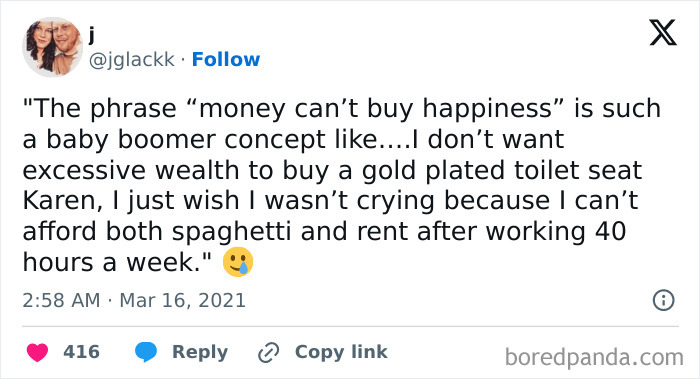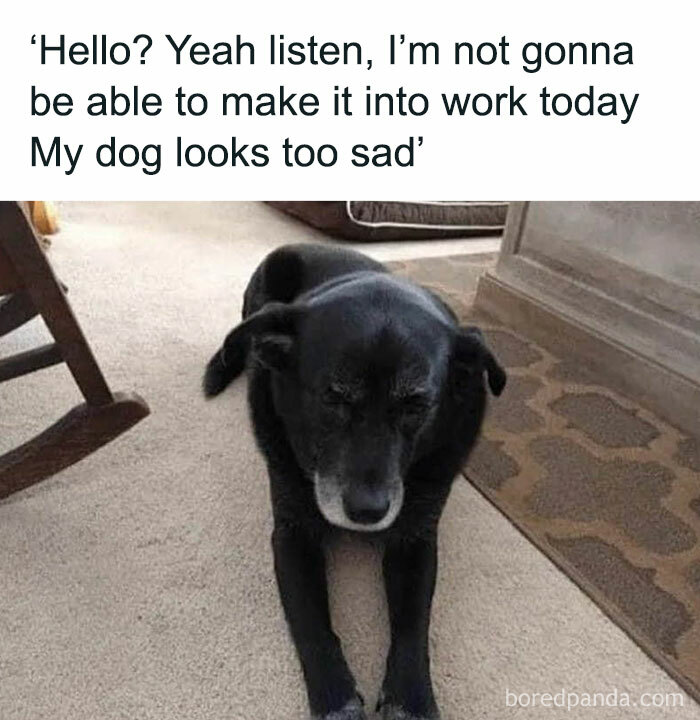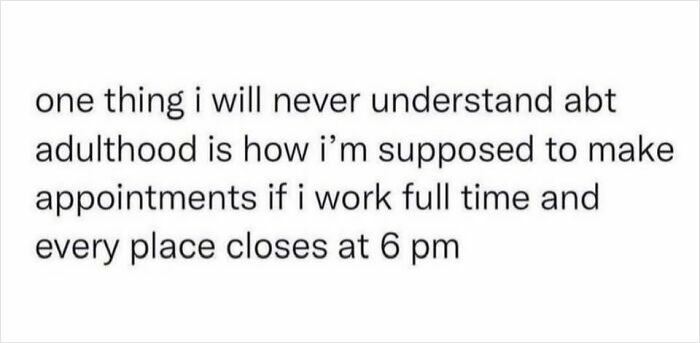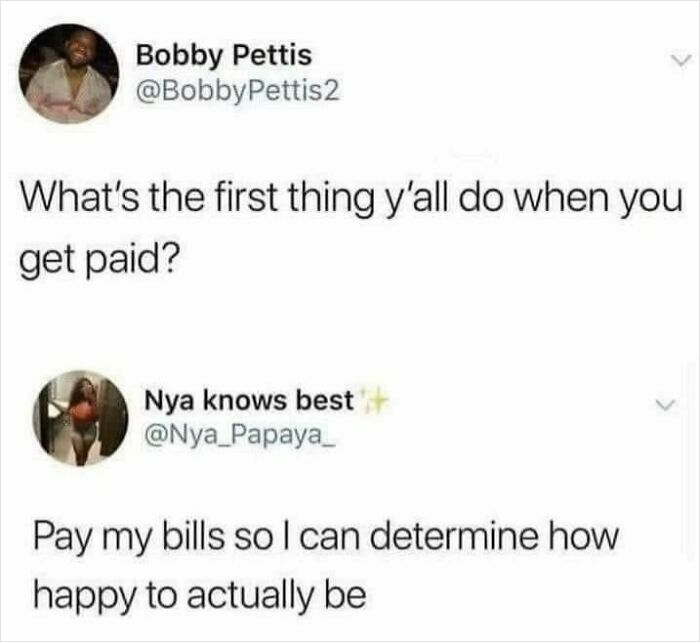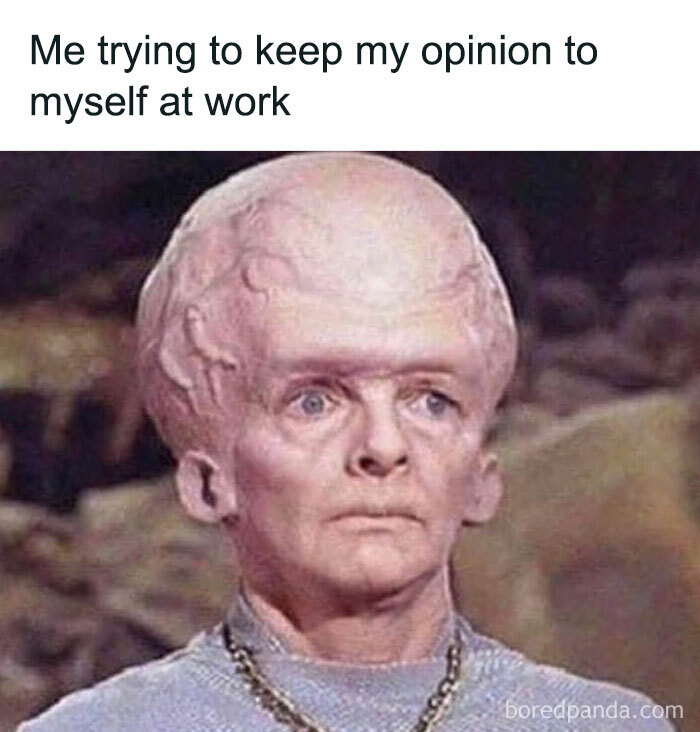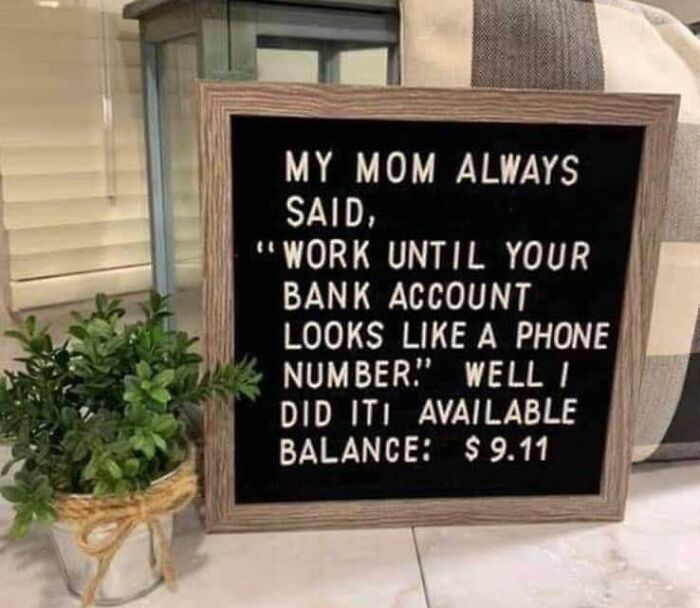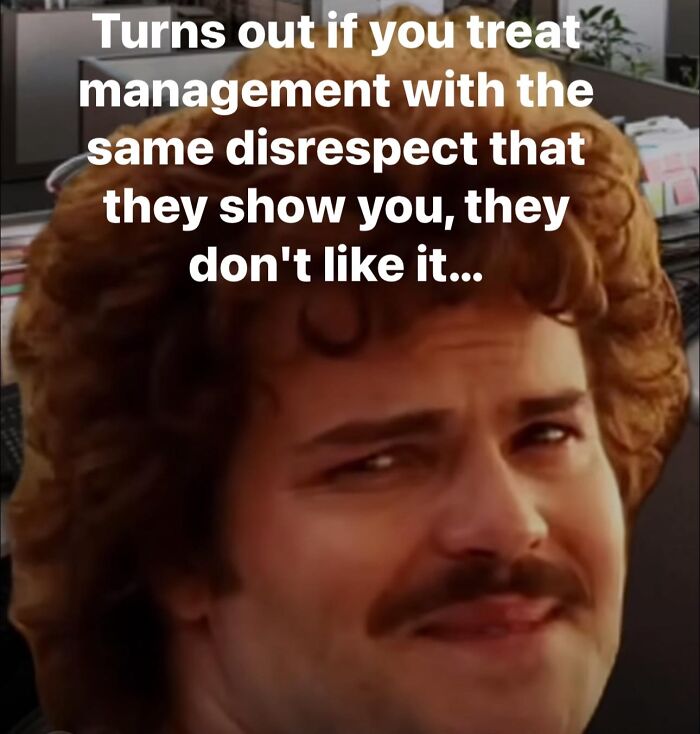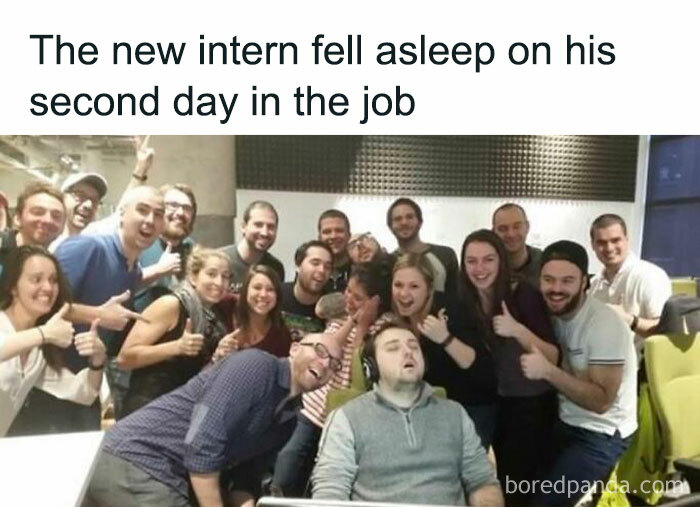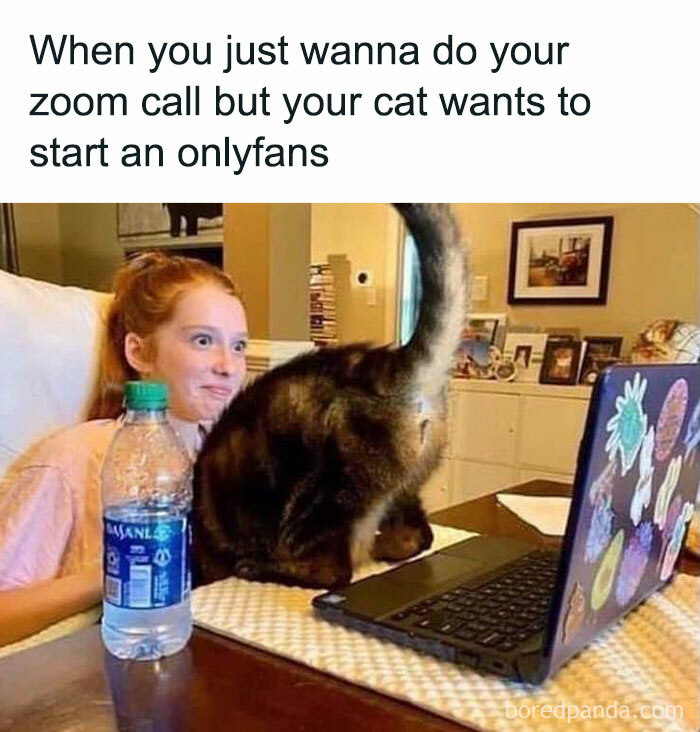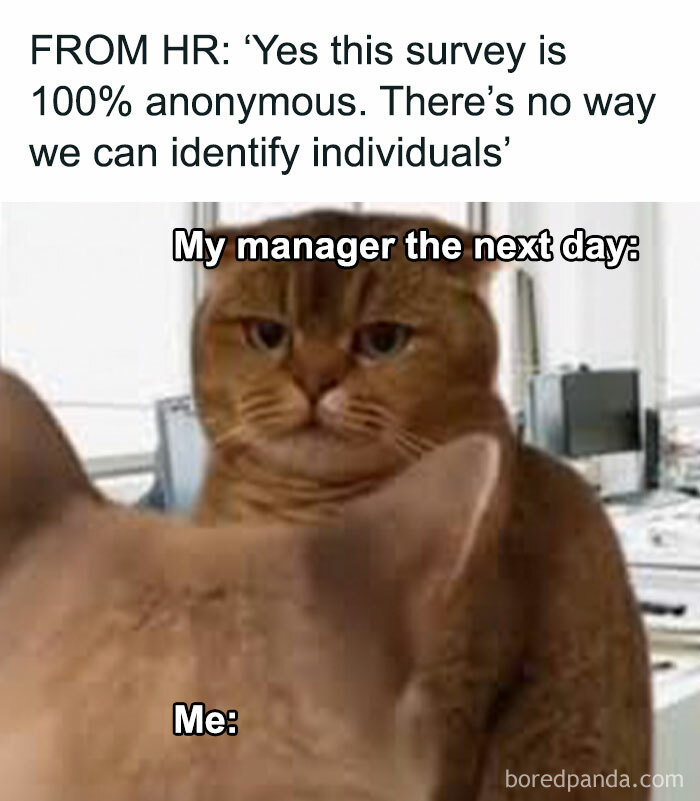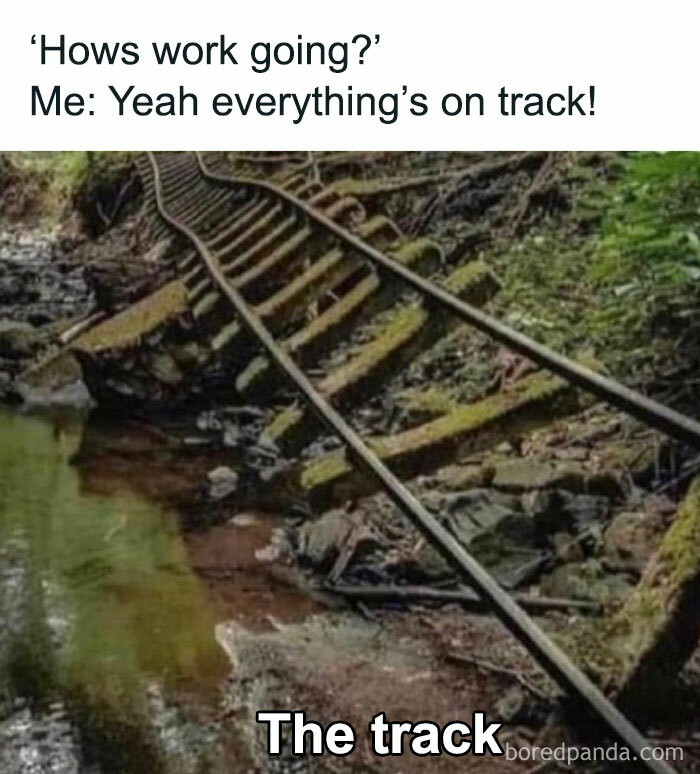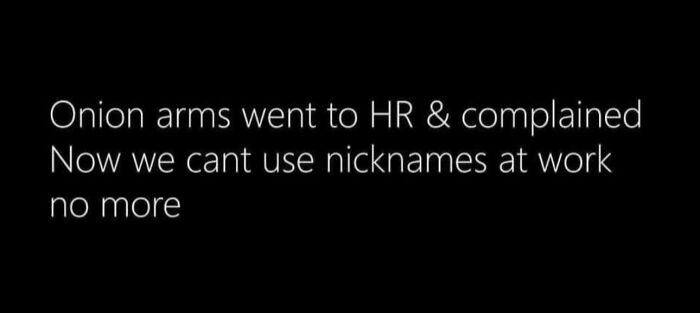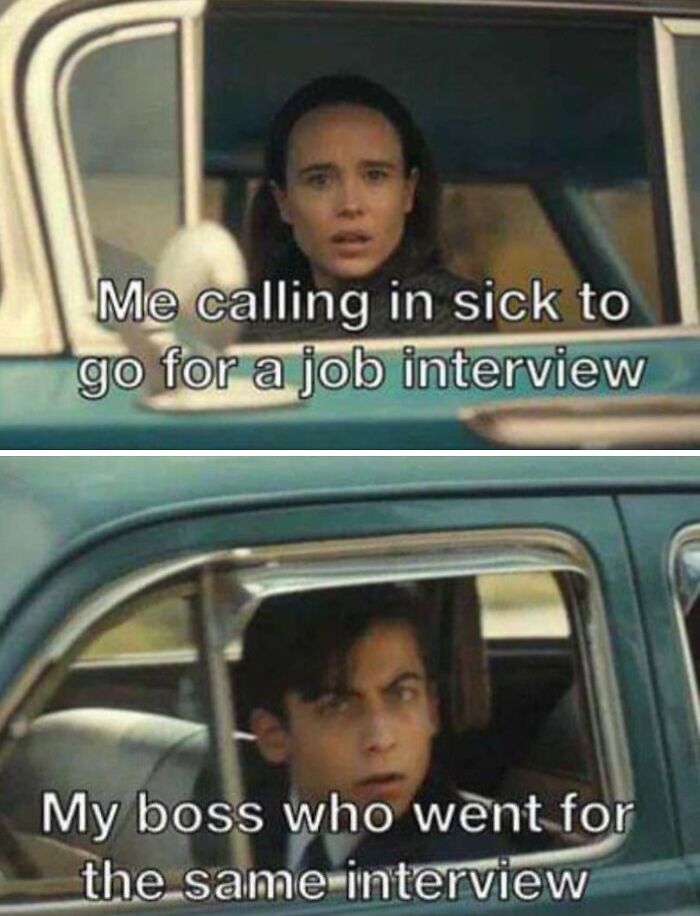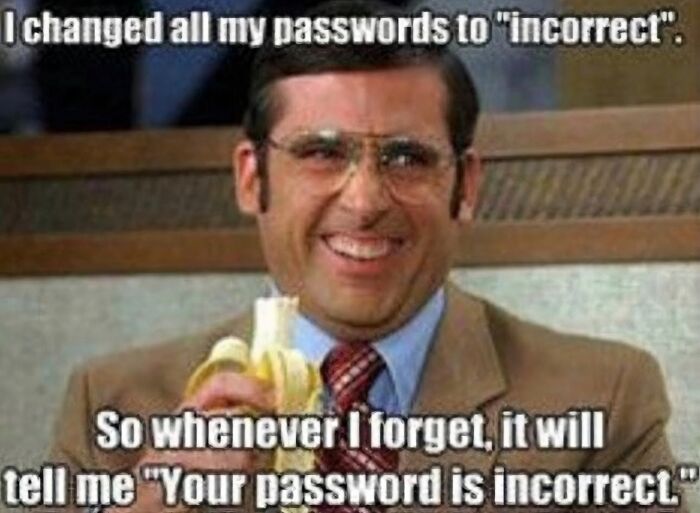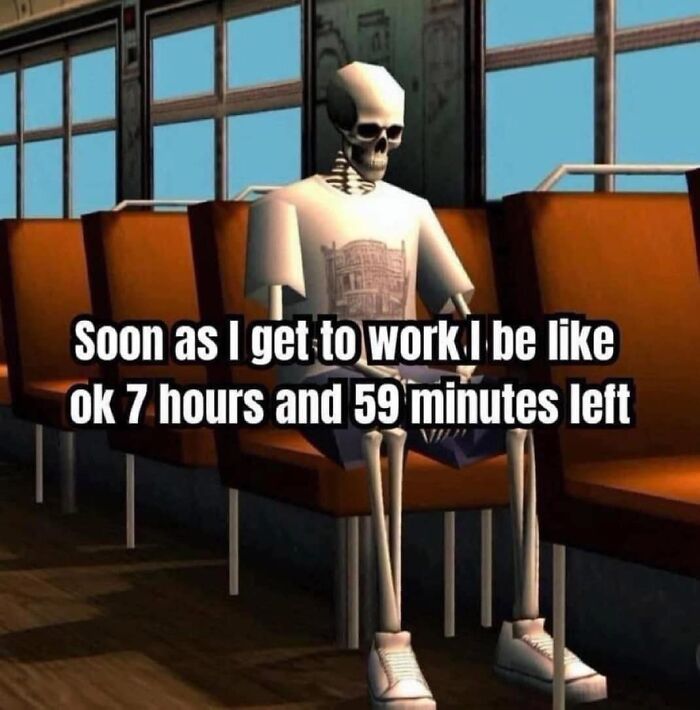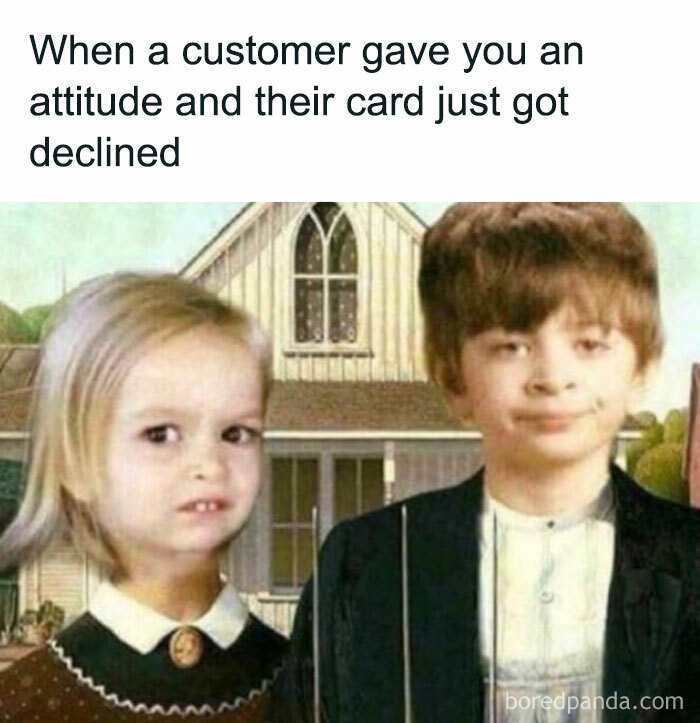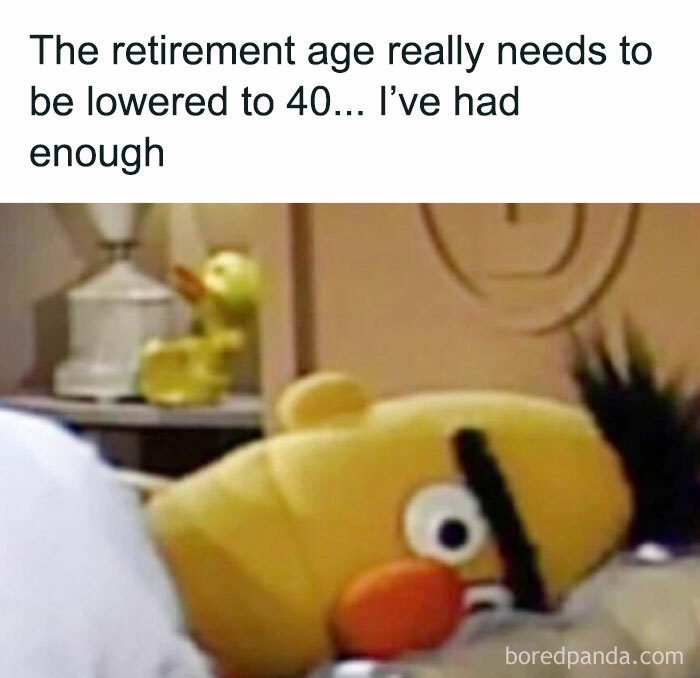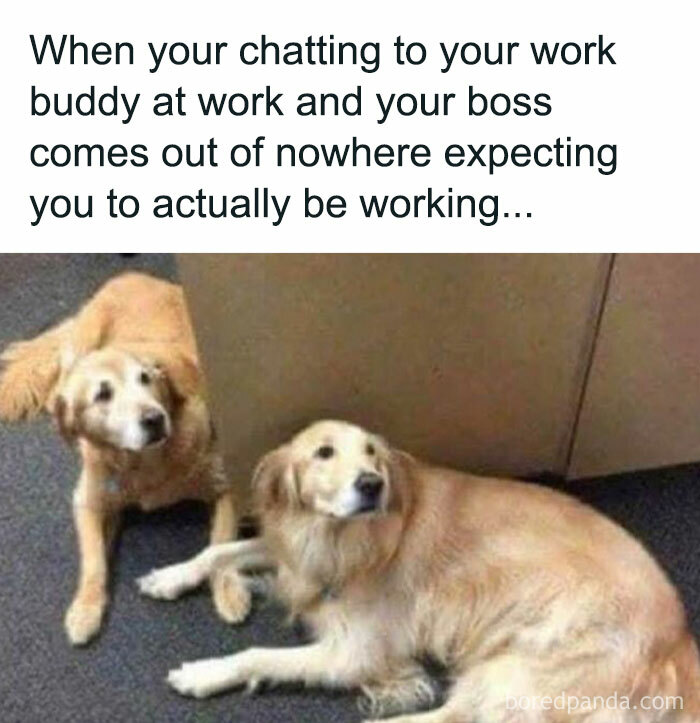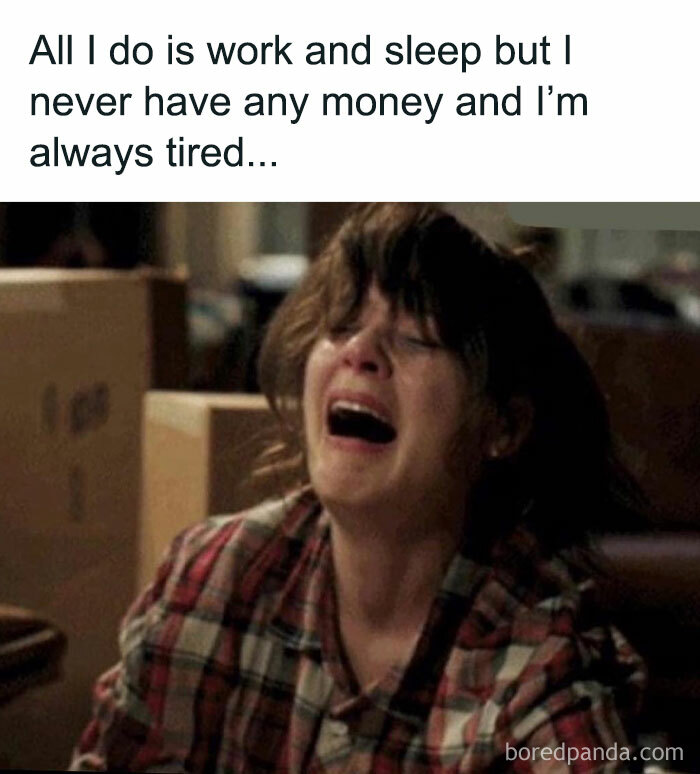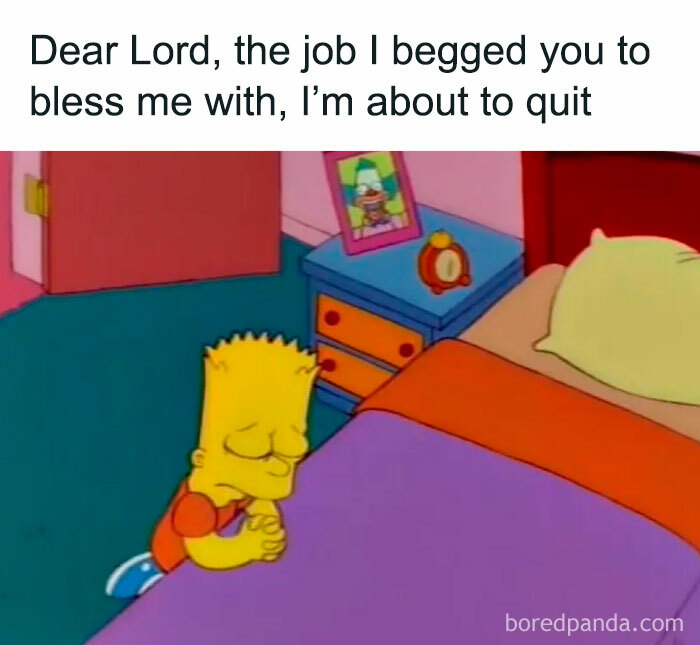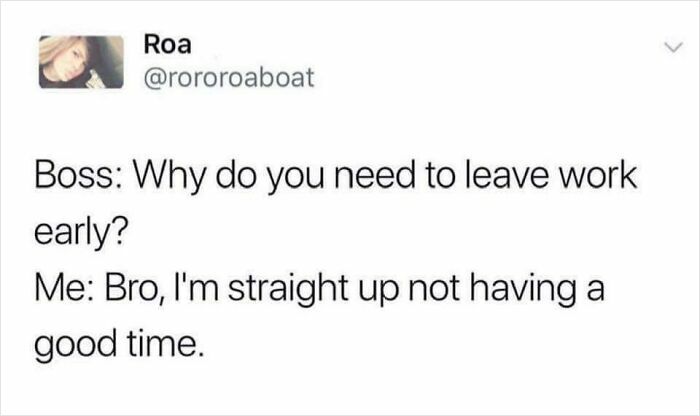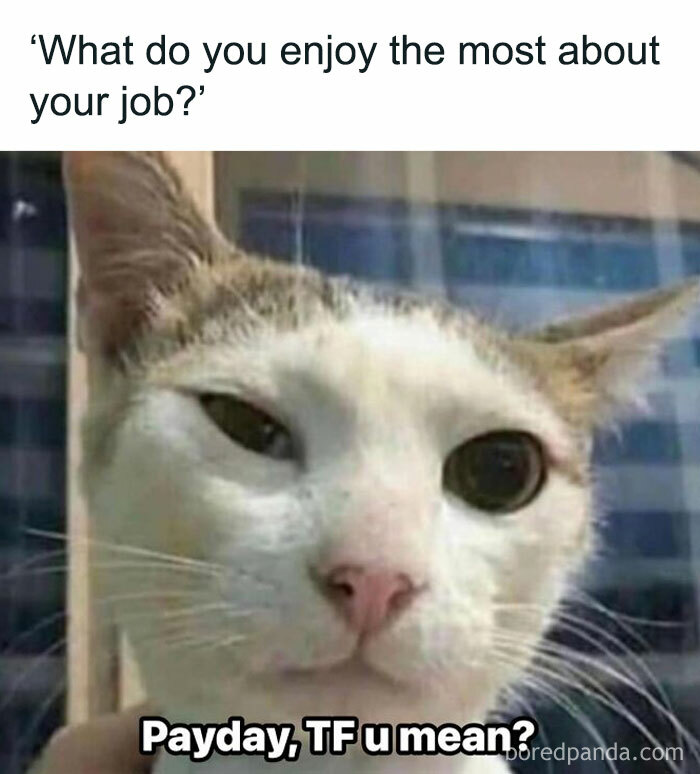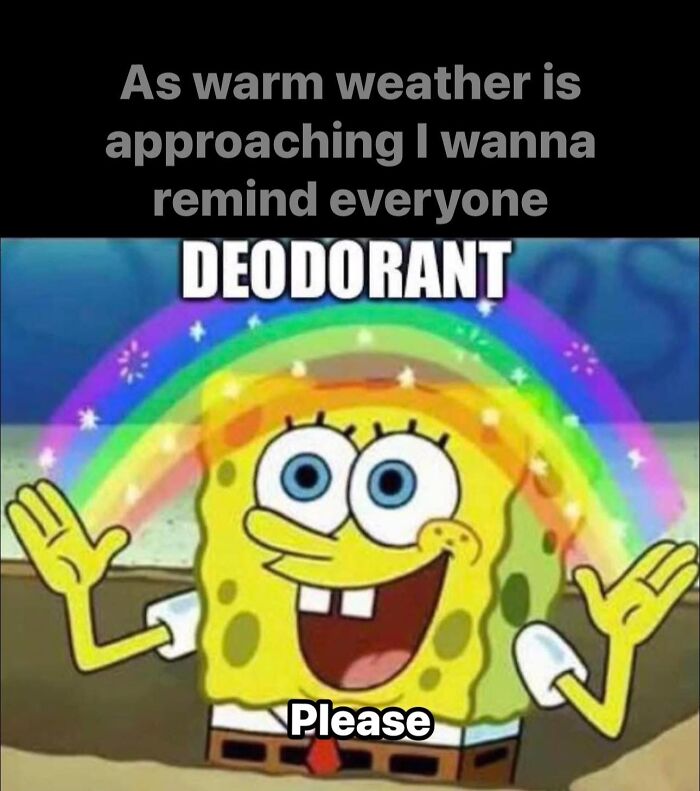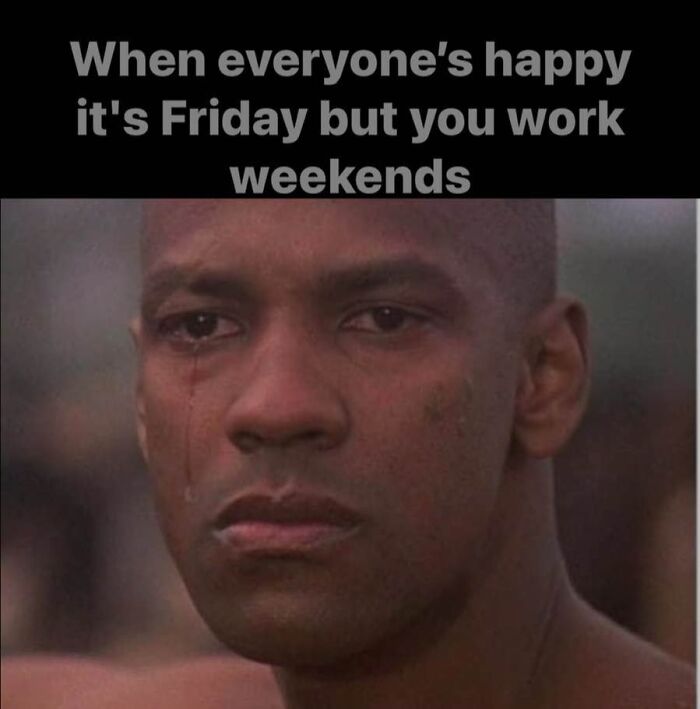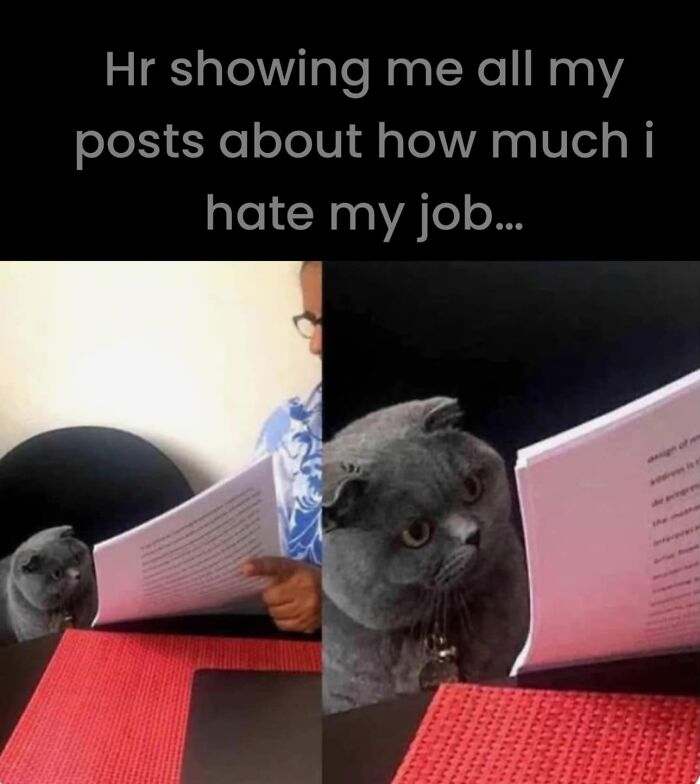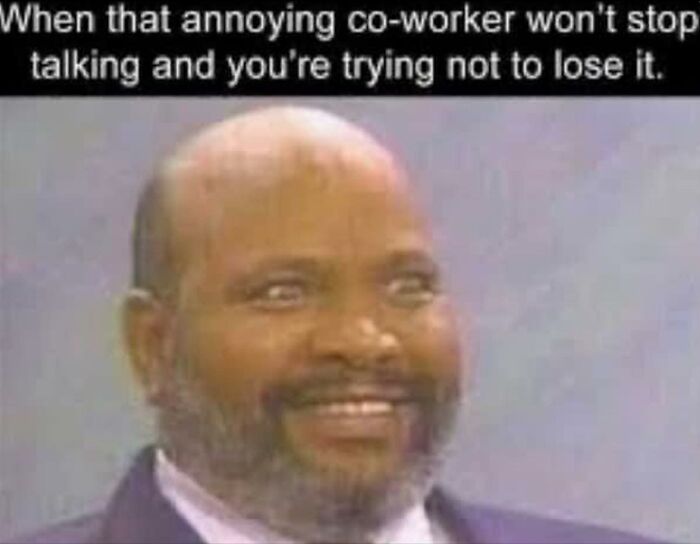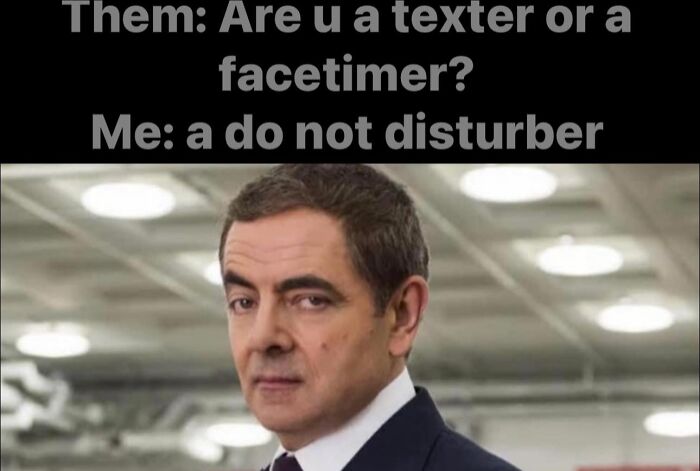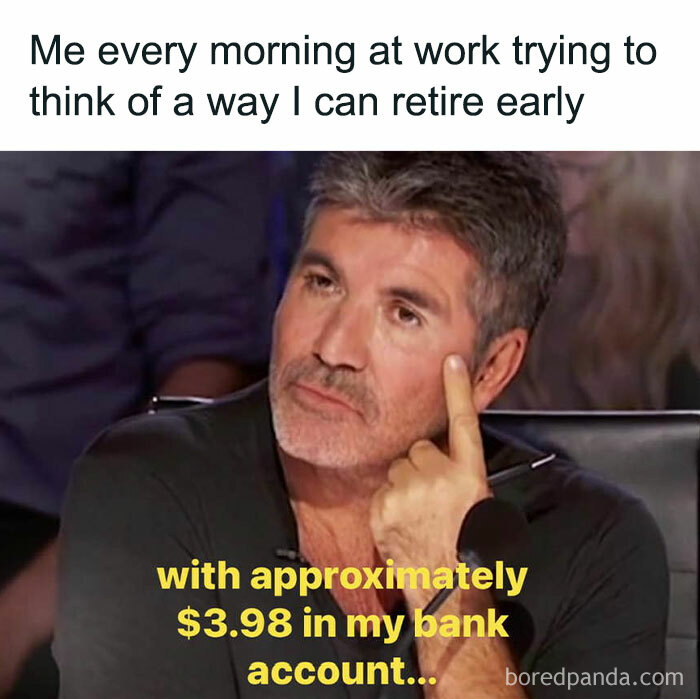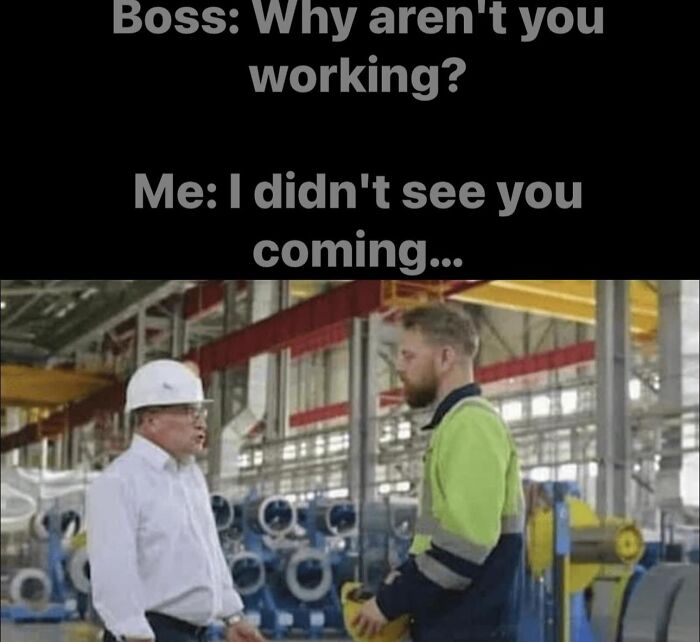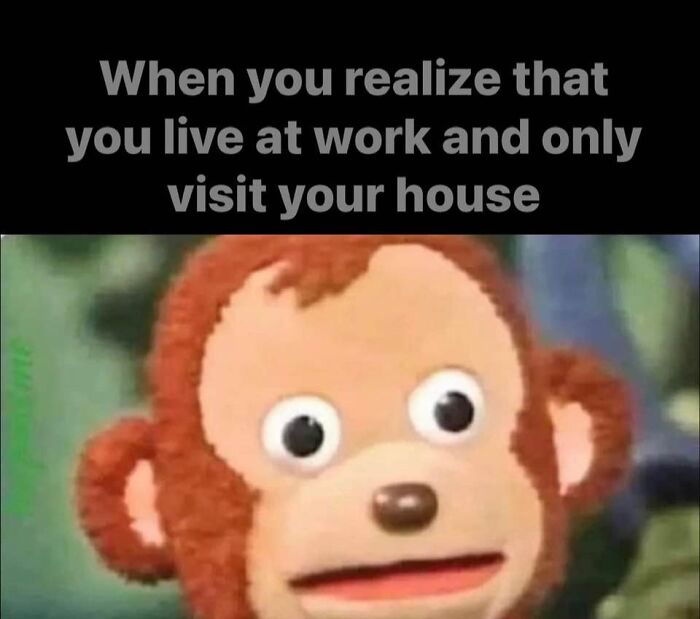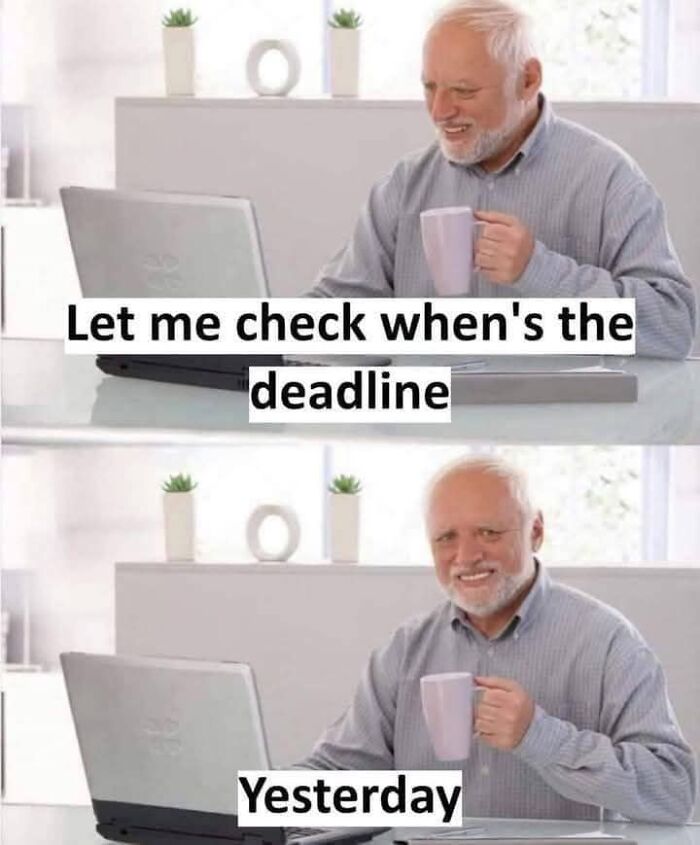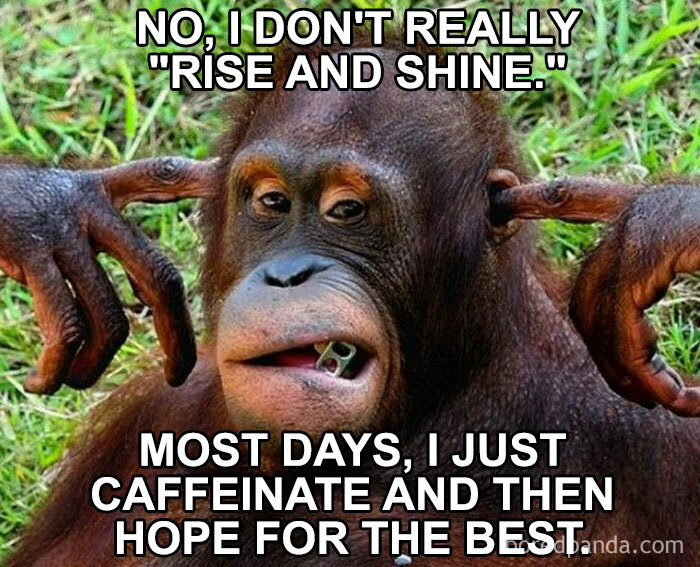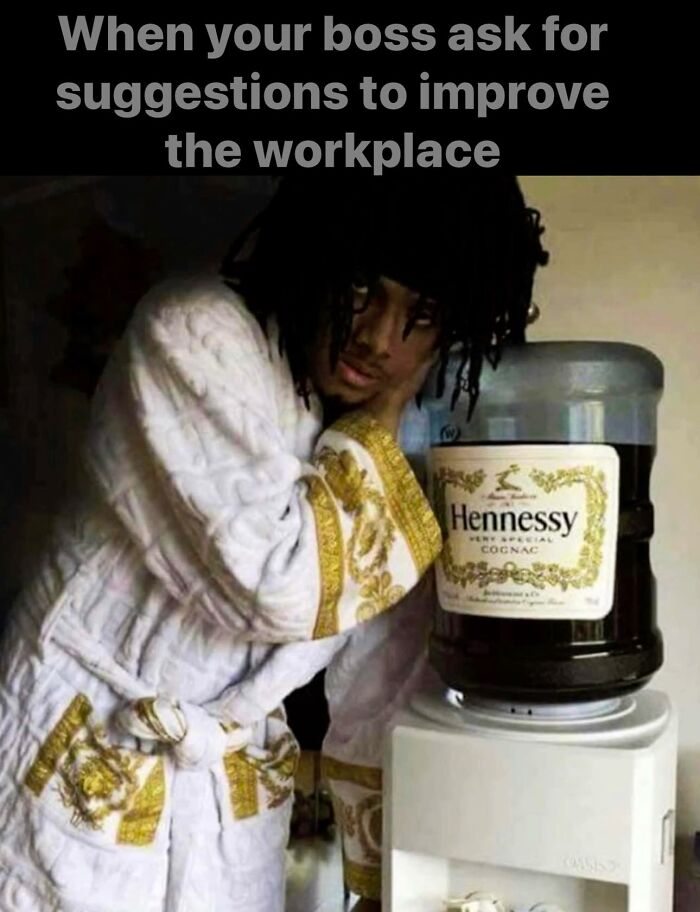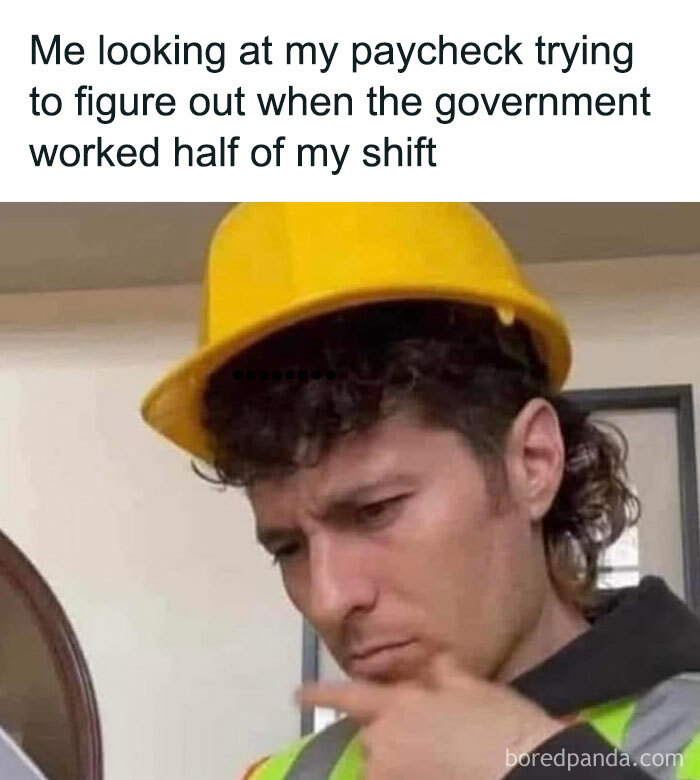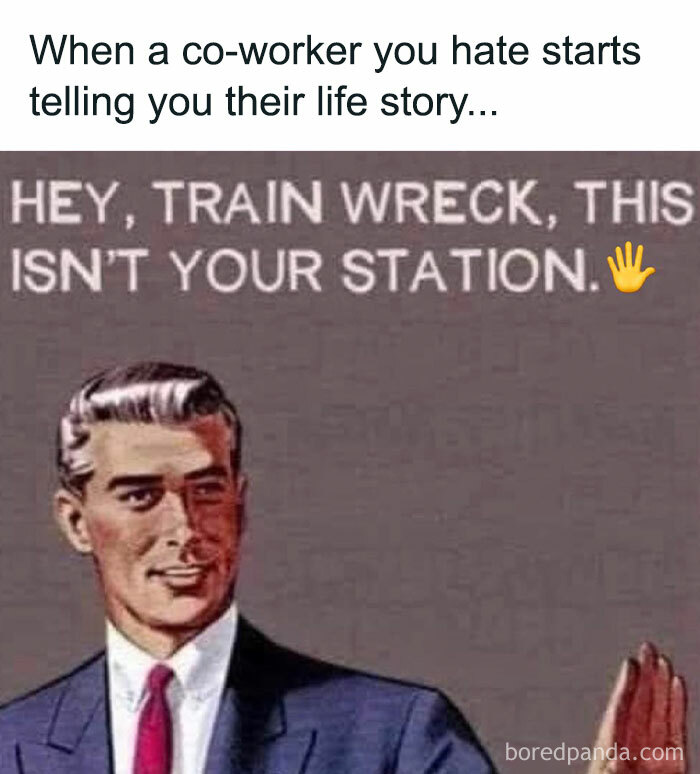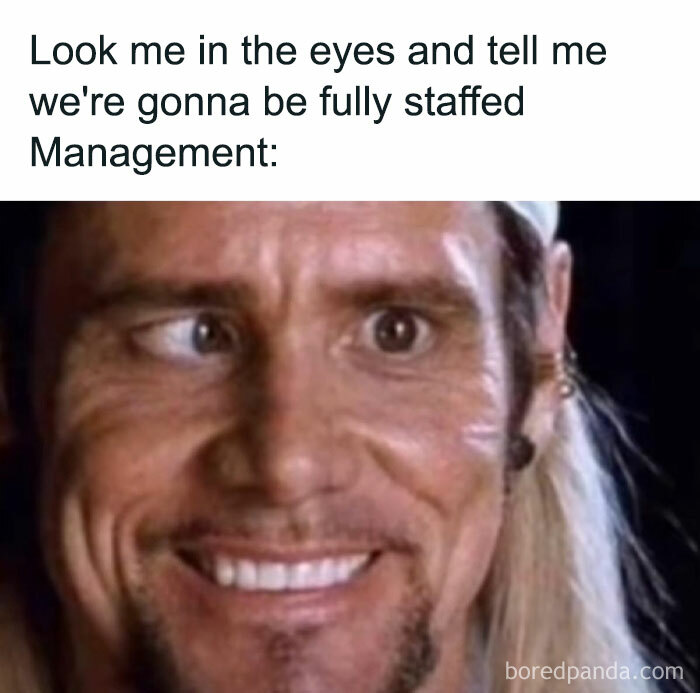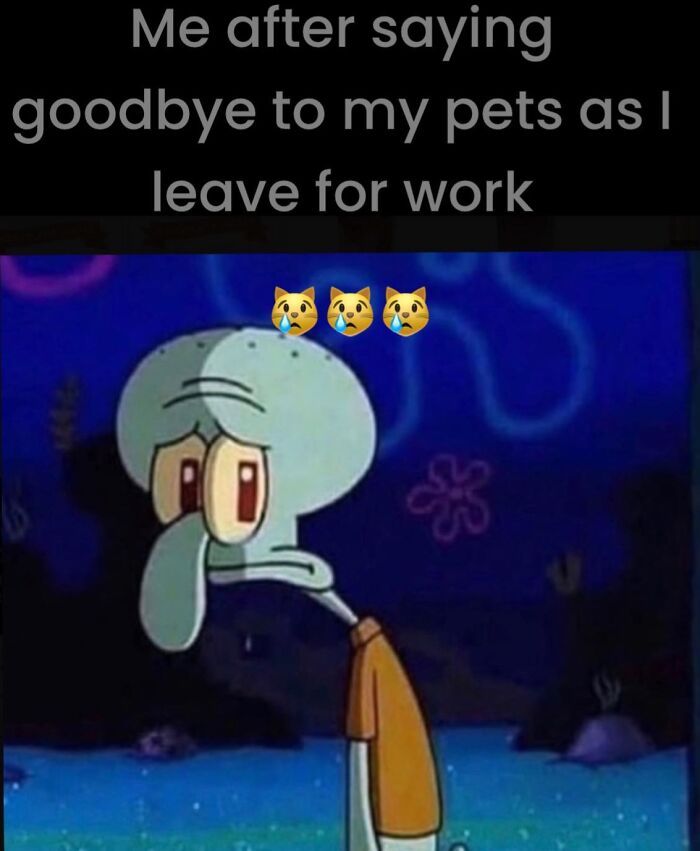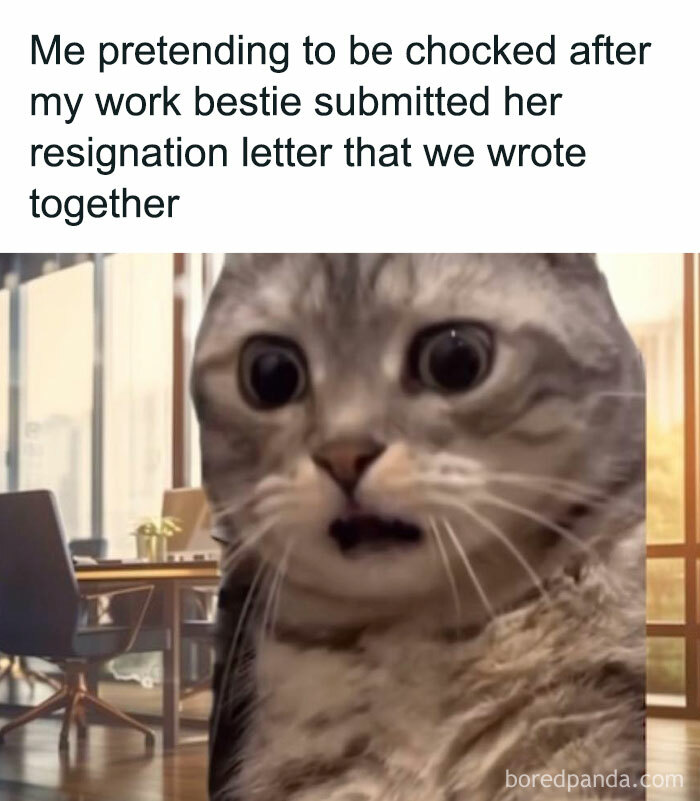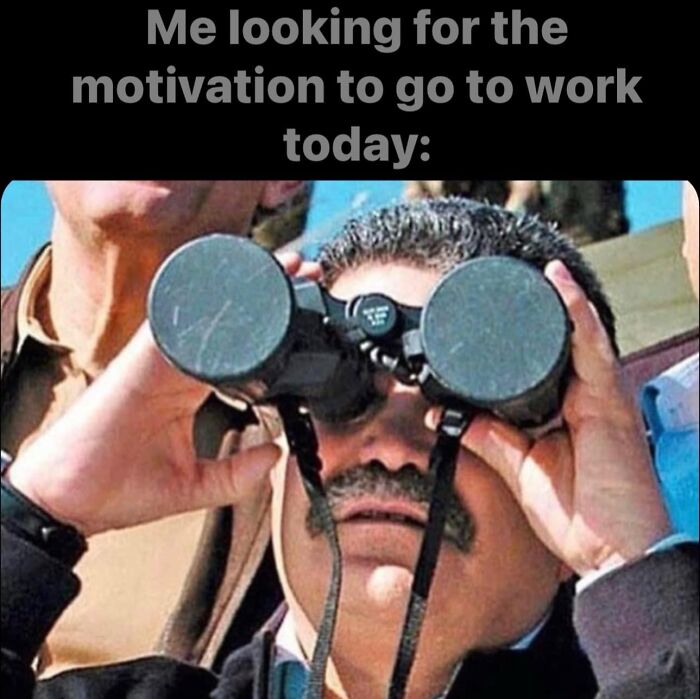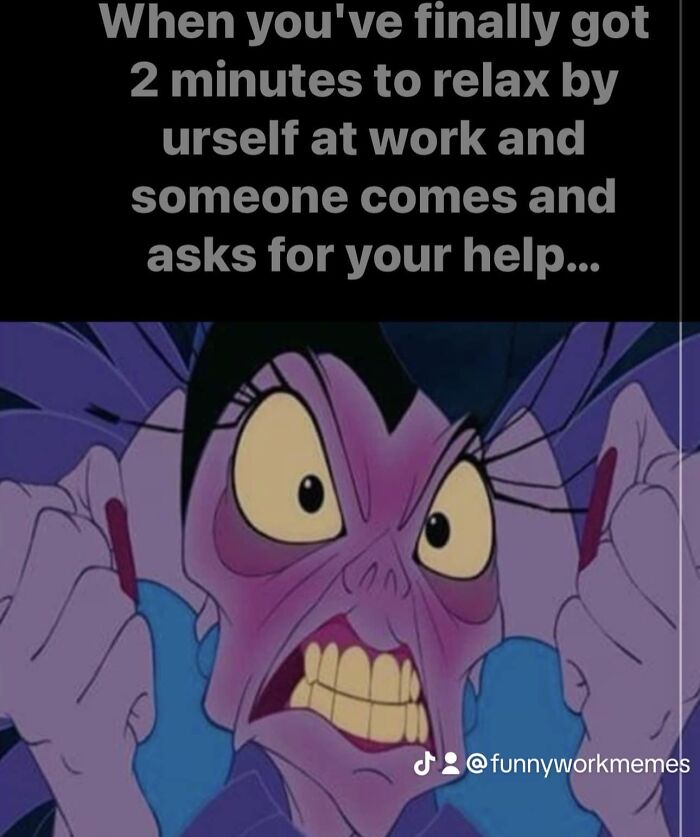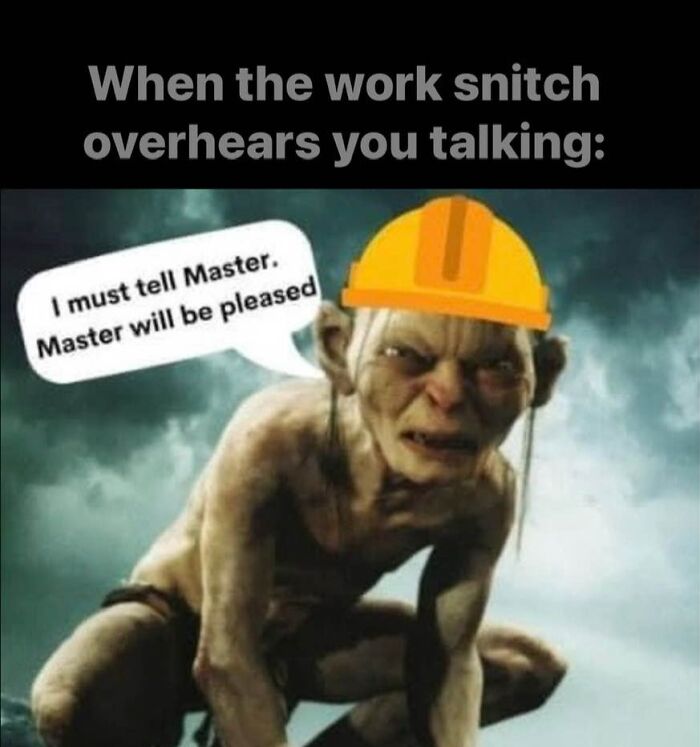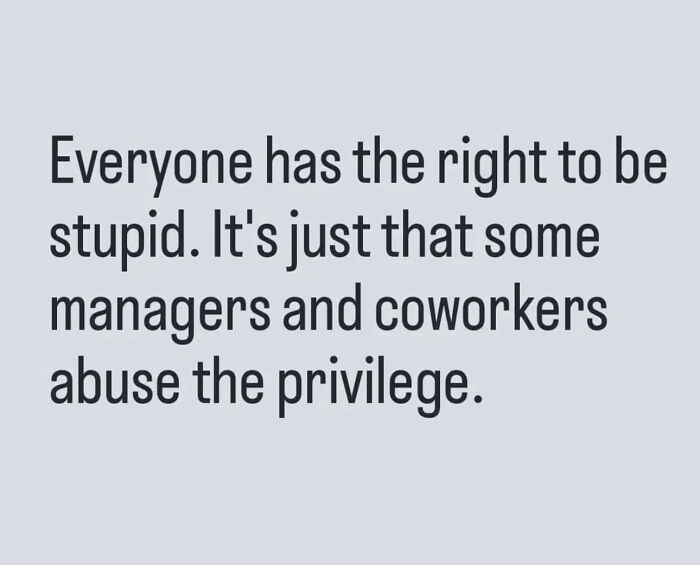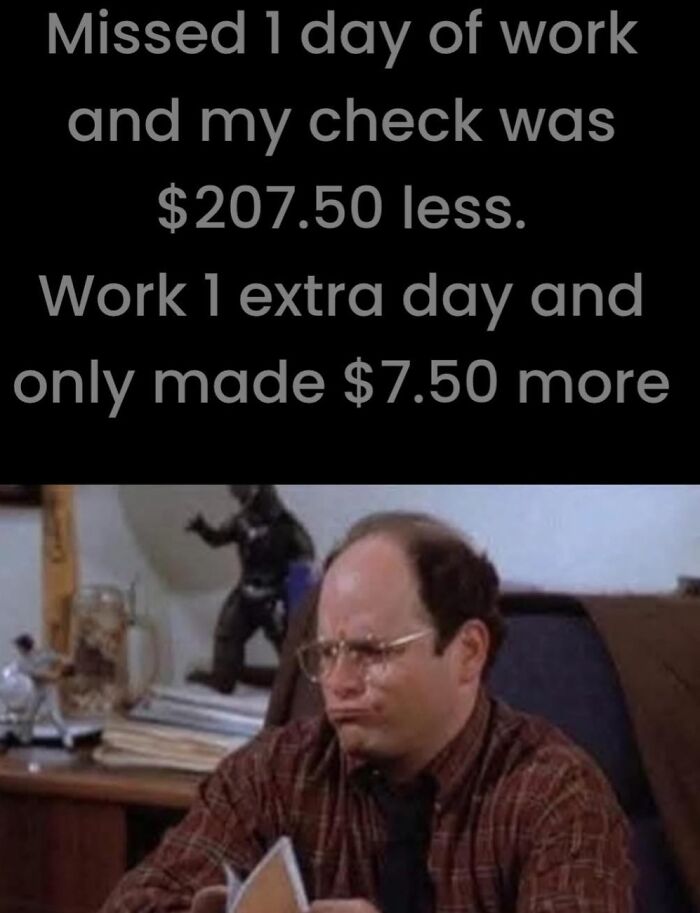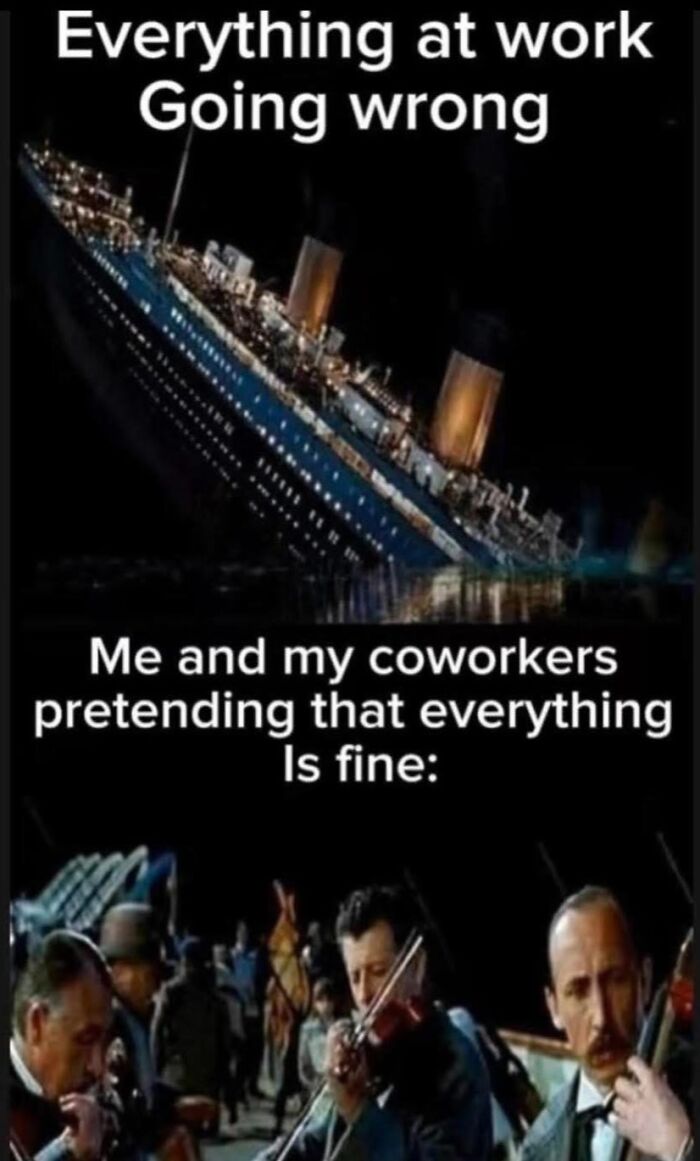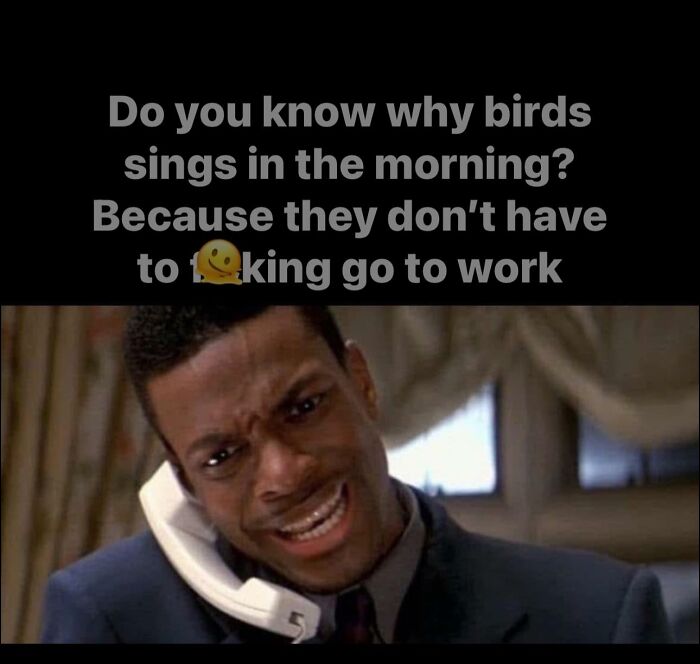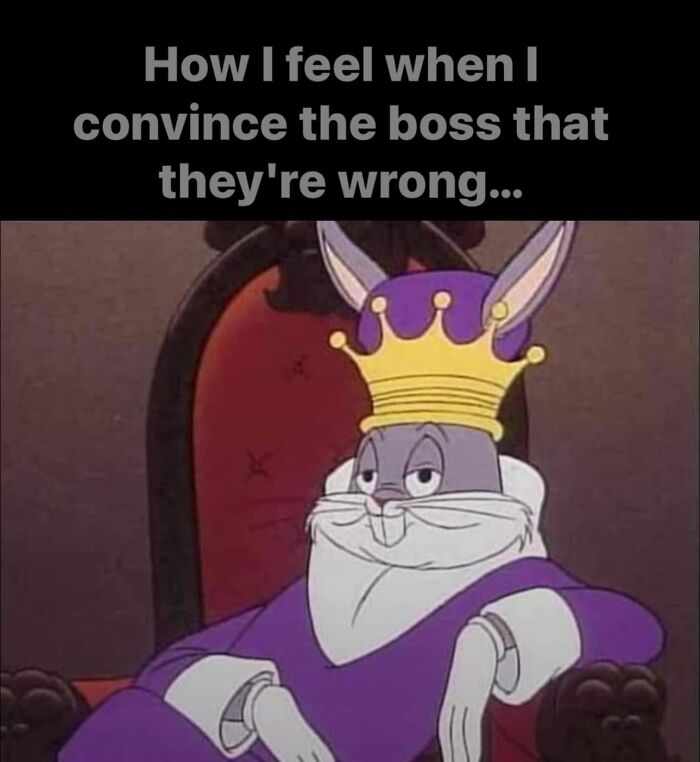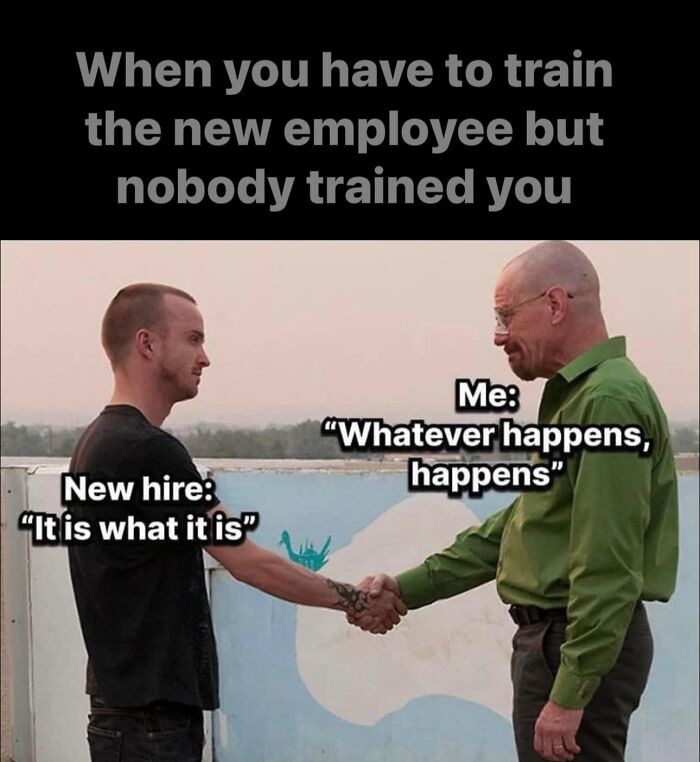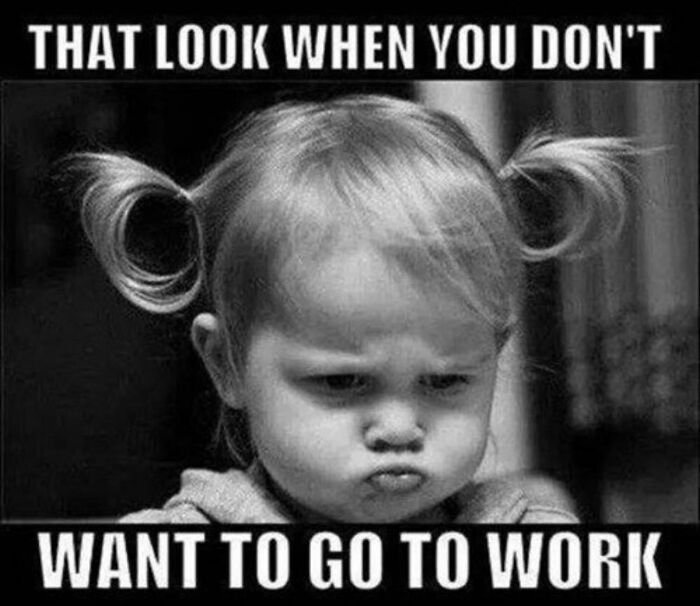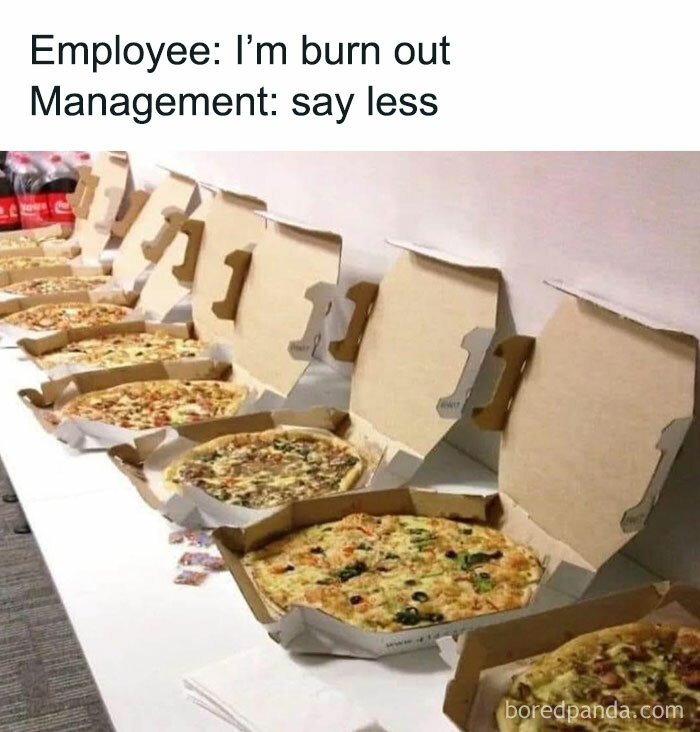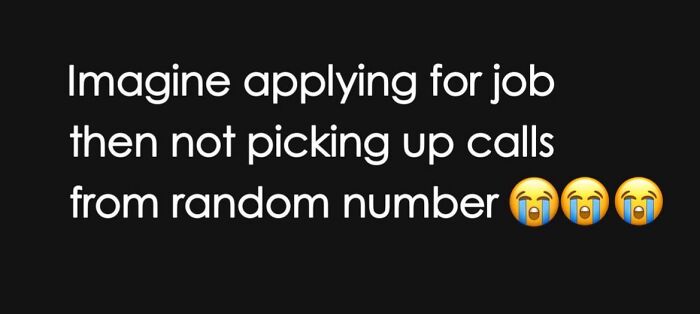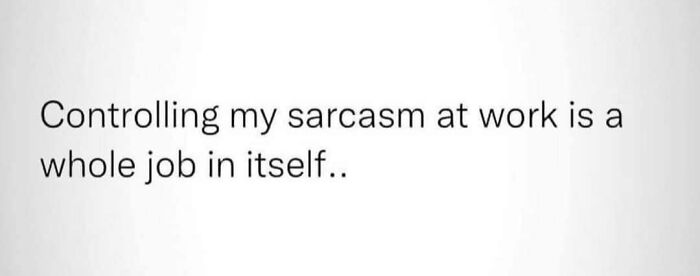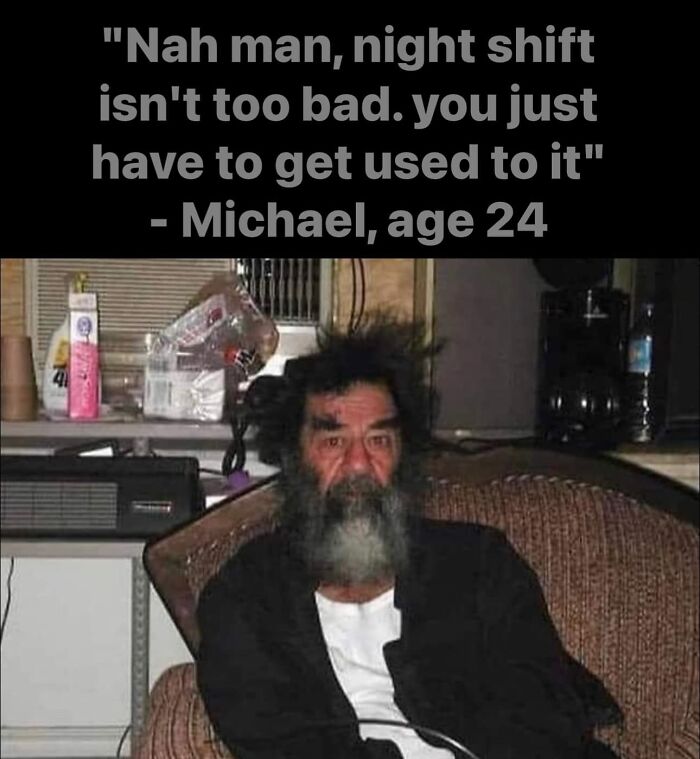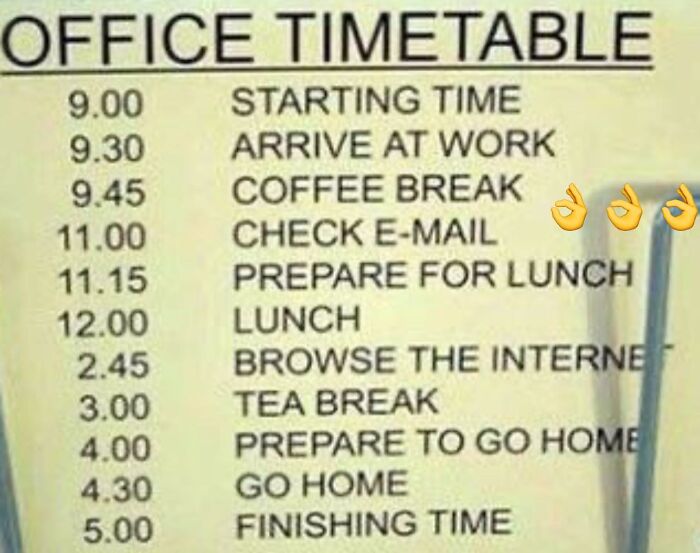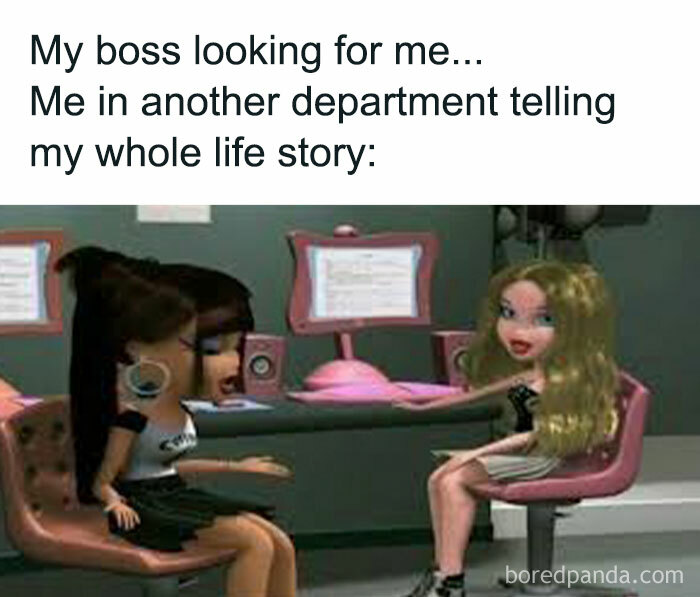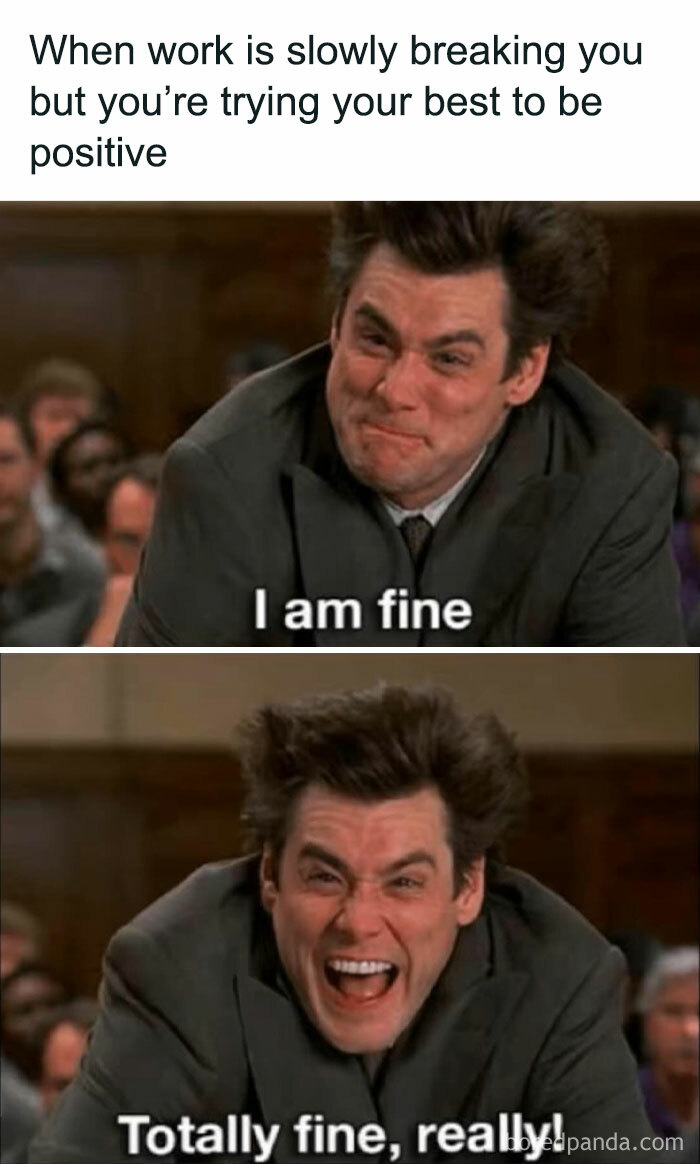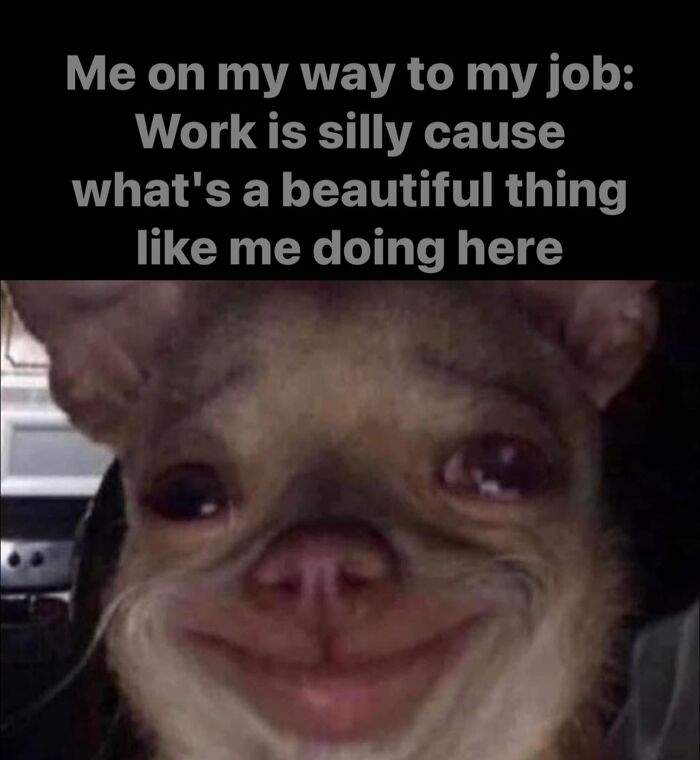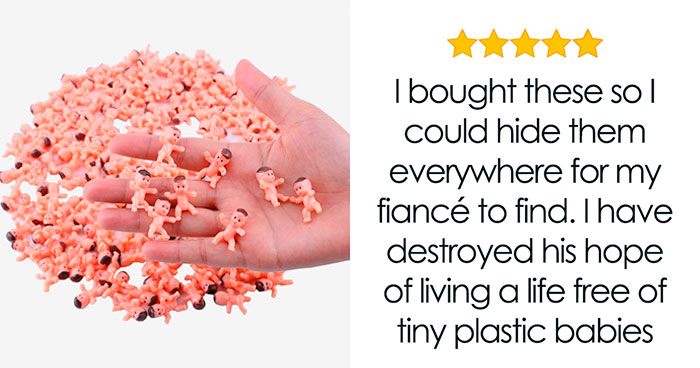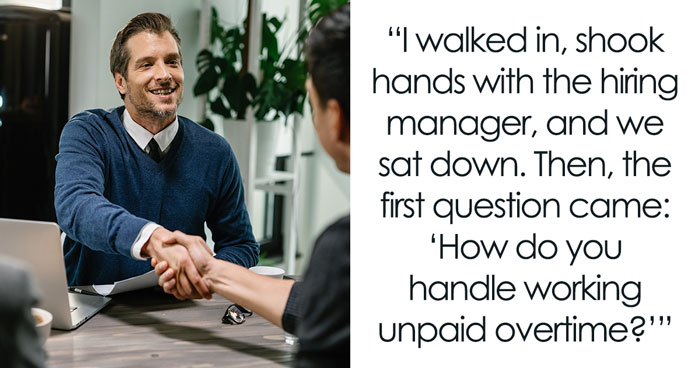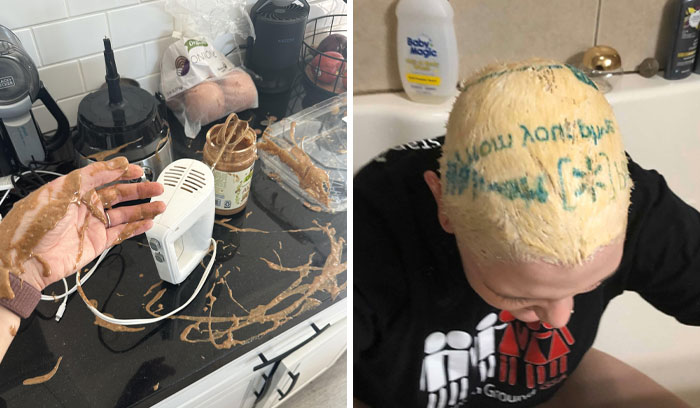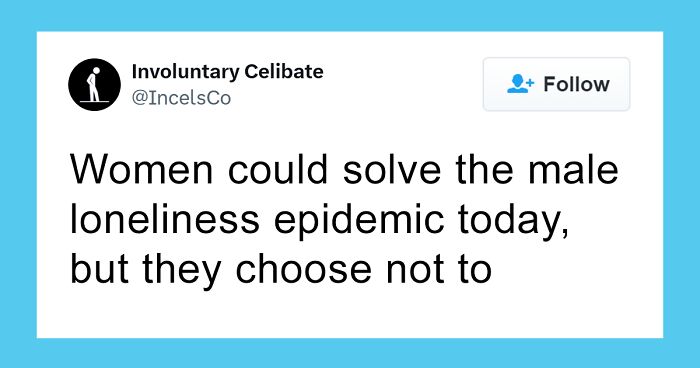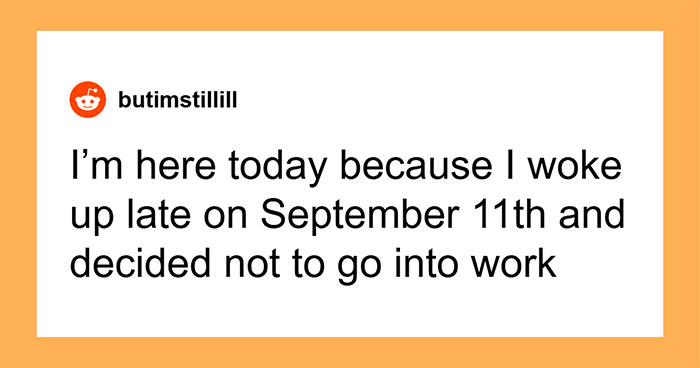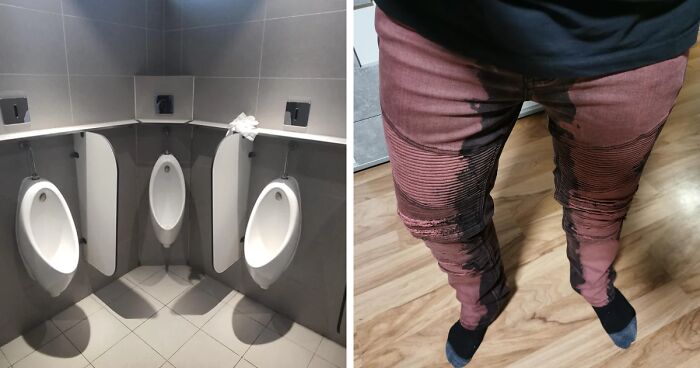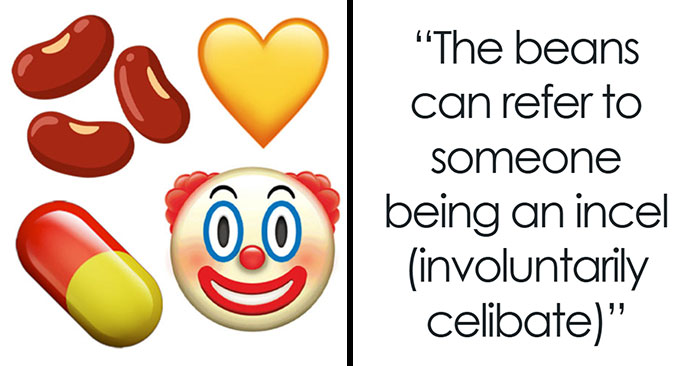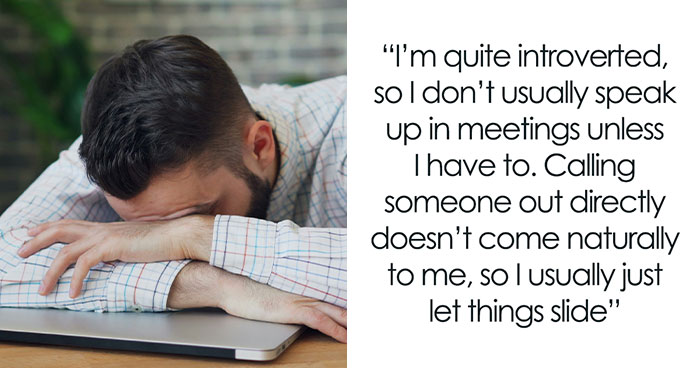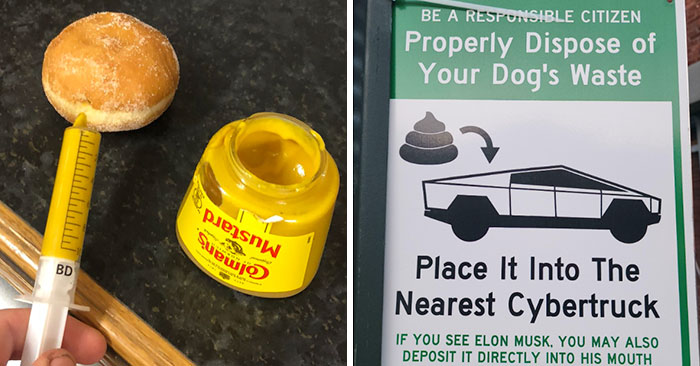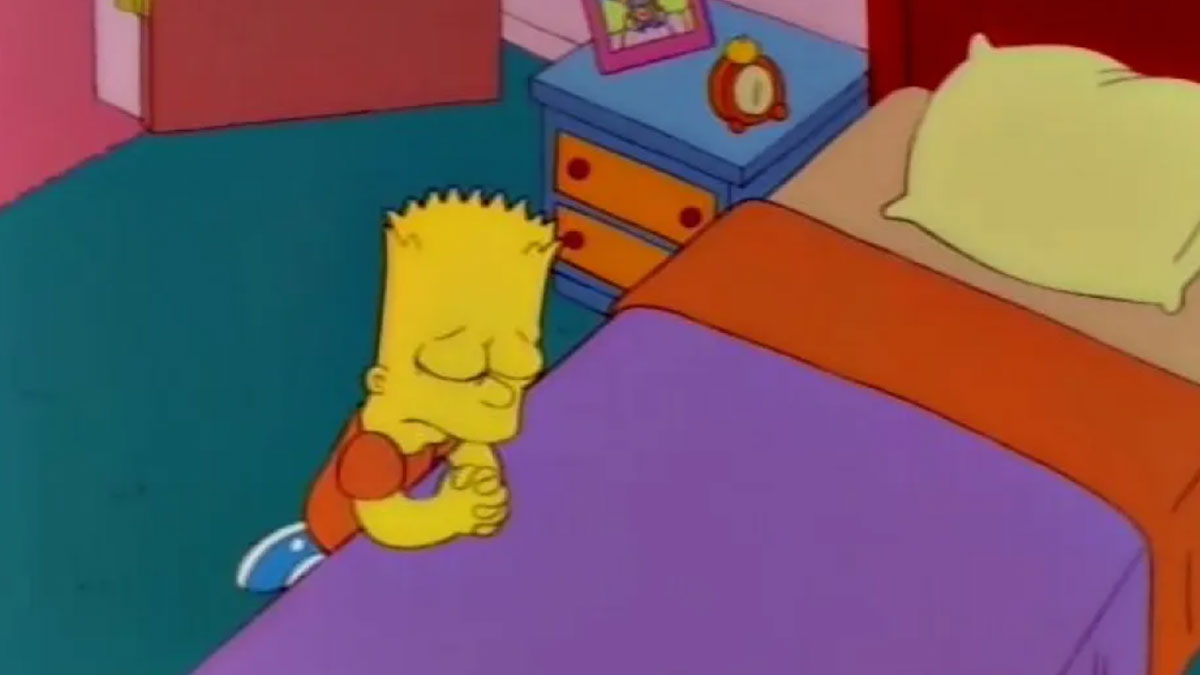
75 Funny Work Memes That Understand You And Your Deep Craving To Quit
Interview With ExpertThey say that if you choose a job you love, you will never work a day in your life. However, they also say that you can have too much of a good thing, and I think these two sayings perfectly explain the burden of having to work for the rest of our lives. While we may enjoy what we do for a paycheck, having to do it for a third of our existence earns us the right to vent about it when we get tired or colleagues test our patience once in a while.
A great way to pour out work-related frustrations is through memes, which we’re featuring today for those who are forced to devote themselves to capitalism and be their own sugar mamas. Collected by the Funny Work Memes Facebook page, these memes are definitely ones you’ll be glad to circle back to.
While you're scrolling through, don't forget to check out a conversation with an organizational well-being consultant Sandy Goel, New York City’s leading burnout expert and host of the Fried – The Burnout Podcast, Caitlin Donovan, and workplace expert and the author of The Good Enough Job: Reclaiming Life from Work, Simone Stolzoff, who kindly agreed to share a few tips on how people can find more enjoyment in their work.
This post may include affiliate links.
I know of a company which spent over 50k€ in headhunting, went through half a dozen candidates over the span of 18 months and lost a major client in the process, only because a key employee was promised a 3k € bonus that the company didn't feel like paying after the job was delivered, so he left.
The company I work for currently does '90 day goals' as well as a 1% better everyday policy. I just want to get through the day.
Even though the saying goes, 'Choose a job you love, and you will never work a day in your life,' workplace well-being experts believe that it's not really realistic to love your job every single day.
"I think the notion that a job should always be a dream, or always be perfect, or always be something that you love every day is a recipe for disappointment," said workplace expert and the author of The Good Enough Job: Reclaiming Life from Work, Simone Stolzoff, to Bored Panda.
"Even in the most fulfilling or passionate jobs, there is a level of tedium or monotony that is often ignored. And when you're expecting your job always to be a source of love, it can create a lot of room to be disappointed."
LOL!!! This is like that (all too true) joke "When I was young I was poor, but now through years of hard work I am no longer young"
At least over here (France) it you are injured on your way to or from work (car accident or whatever) it is considered a workplace accident.
"A more realistic expectation is to have more good days than bad (kind of like hair days!)," noted organizational well-being consultant Sandy Goel. "If you dread going to work, that is not a good sign. If you look forward to seeing people you work with and projects you are contributing to and feel valued for the work you do, those are positive signs."
"It is not realistic to love your job every day," agreed New York City’s leading burnout expert and host of the Fried – The Burnout Podcast, Caitlin Donovan. "What has been found as more important is having at least one person at work (or in your community if you work alone) that you feel has your back—a close friend. This is especially true for remote jobs," she said.
Seriously. This is how companies squeeze your vacation time/sick time out so you can't use it for you time.
The overall view of employees' satisfaction with work seems to be quite positive, as 65% of working people around the world are happy with their jobs, while only 17% report that they're not. Donovan says that those who have less joyful experiences with their jobs indicate a lack of autonomy, community, fairness, praise, and recognition and high job strain or values that don't align with the company as the most frequent reasons for it.
how happy to actually be: $7.82 in the account on the 7th of the month
"There's a whole spectrum of reasons why you can be unhappy with your job. I think one of the big ones, though, is when people have really high expectations about what a job can deliver, when they expect their job to not just be a source of economic fulfillment, but also personal fulfillment and community and identity," Stolzoff explained.
"When they're expecting every single task to be personally fulfilling, it can be a recipe for unhappiness. And so, rather than thinking about our jobs as the entirety of who we are, think about our jobs as part of what contributes to a life well-lived. It's a much better recipe for ultimate fulfillment and happiness."
Another bragging rich American. It's €1.12 in the Eurozone (~$1.21).
Meanwhile, Goel says that on the extreme, people are unhappy at their jobs because they're being constantly berated or bullied. "It can also be being micromanaged, or doing low-impact work that does not match your skills or training. Other reasons include not being valued, not feeling psychologically safe, not having a sense of belonging, feeling stuck, or if your work or efforts are not acknowledged or are devalued."
In addition, those who feel unhappy with their work often fail to have a healthy work-life balance and leave their work at work. For these people, experts recommend learning to set boundaries. "Boundaries are important. Don't let work live rent-free in your mind or cheat yourself or others of you while not at work. Set new expectations with coworkers when you respond and when you don't. Over time, they will become accustomed to it," epxlained Goel.
"Do not attribute your work ethic to their expectations—you have your own standards that may or may not match theirs. Give yourself fully to your work when you are doing it, and do good work. Then give your mind a rest to start again."
To find even more joy in what you do for a living, a good first step is to reframe your situation to see it from a different lens and find a new perspective," says Goel. "Find parts of the work you enjoy and renewed purpose in that. Be proud of your work, and determine that value within yourself (not externally). Spend more thought on the projects and people you enjoy. Control what you can and let go of the rest. Spend more time around those whom you feel good around."
Stolzoff agrees that a great first step to finding your job more enjoyable is trying to reframe the way you see it. "There's a concept that I really like that comes from 2 researchers, Amy Ronowski and Jane Dutton, called job crafting. It refers to our subjective ability to craft the role that our jobs have in our lives. This means two things. One is, if you like some aspects of your job more than others, there are ways that you can craft your job to do more of the things that you like doing and less of the things that you don't like doing through, say, a conversation with your manager," he said.
"But it also means framing your job in terms of the way in which it is personally meaningful to you, getting in touch with your sense of why or the greater purpose. I think step one is thinking about whether there are things that you can change about your job or ways that you frame your job that can make you happier. And if not, maybe it makes sense to look for a shift or a change."
Meanwhile, Donovan suggests that creating a ritual can help people enjoy work more. "In Chinese medicine, one of the things that calms the heart is ritual. Often, when someone cannot leave work at work, they are anxious. To combat this anxiety, a ritual of ending the work day can help. This is especially true for remote work and work at home," she said.
"One of the techniques that a client came up with was to close her laptop and then cover it in a beautiful shawl to help signal to her brain and heart that the workday was over. It helped her create a stricter line between "on" and "off." I am lucky to have a home office with a door. I always close my door at the end of my day to help signal that my day is done. Little, tiny, and repetitive motions like this can have a big effect on your brain's ability to shut off."
Poll Question
How do you feel about the idea of "never working a day in your life" if you love your job?
It's true; loving your job makes it feel less like work
It sounds nice, but work is still work
I think it's unrealistic to never feel like you're working
I haven't experienced that feeling yet
I'm always curious if the poor spelling, random capitalisation, and atrocious grammar in many of these memes is there on purpose to be "cute" or whether it reflects the fact that the author doesn't have the skills.
AUNTRIARCH - how did your last day ever at work go today? Thinking about how happy you must be!
It was absolutely brilliant! They decorated the office, I had a sash and a tiara, a retirement blankie, so many flamingos, and they took me out to lunch. I never thought I wasn't appreciated, but seeing it in the trouble everyone took, the messages in the cards, the emails from random people I didn't even realise I'd made a difference to - well I don't mind admitting I teared up once or twice.
Load More Replies...I'm always curious if the poor spelling, random capitalisation, and atrocious grammar in many of these memes is there on purpose to be "cute" or whether it reflects the fact that the author doesn't have the skills.
AUNTRIARCH - how did your last day ever at work go today? Thinking about how happy you must be!
It was absolutely brilliant! They decorated the office, I had a sash and a tiara, a retirement blankie, so many flamingos, and they took me out to lunch. I never thought I wasn't appreciated, but seeing it in the trouble everyone took, the messages in the cards, the emails from random people I didn't even realise I'd made a difference to - well I don't mind admitting I teared up once or twice.
Load More Replies...
 Dark Mode
Dark Mode 

 No fees, cancel anytime
No fees, cancel anytime 



